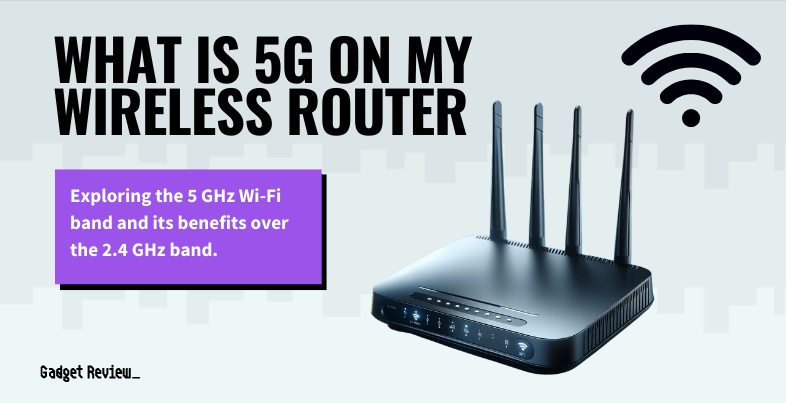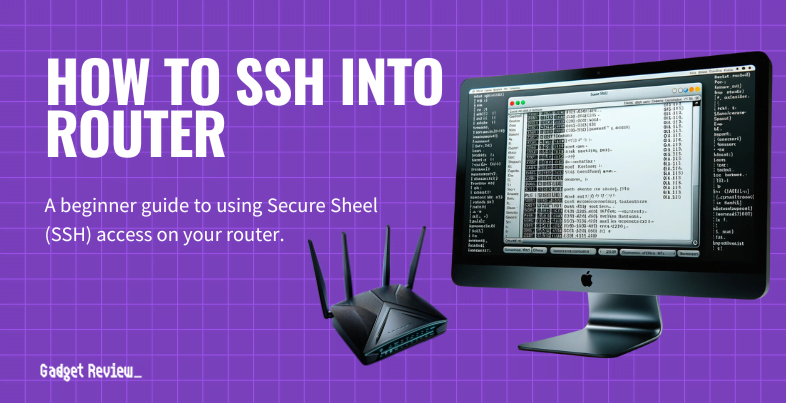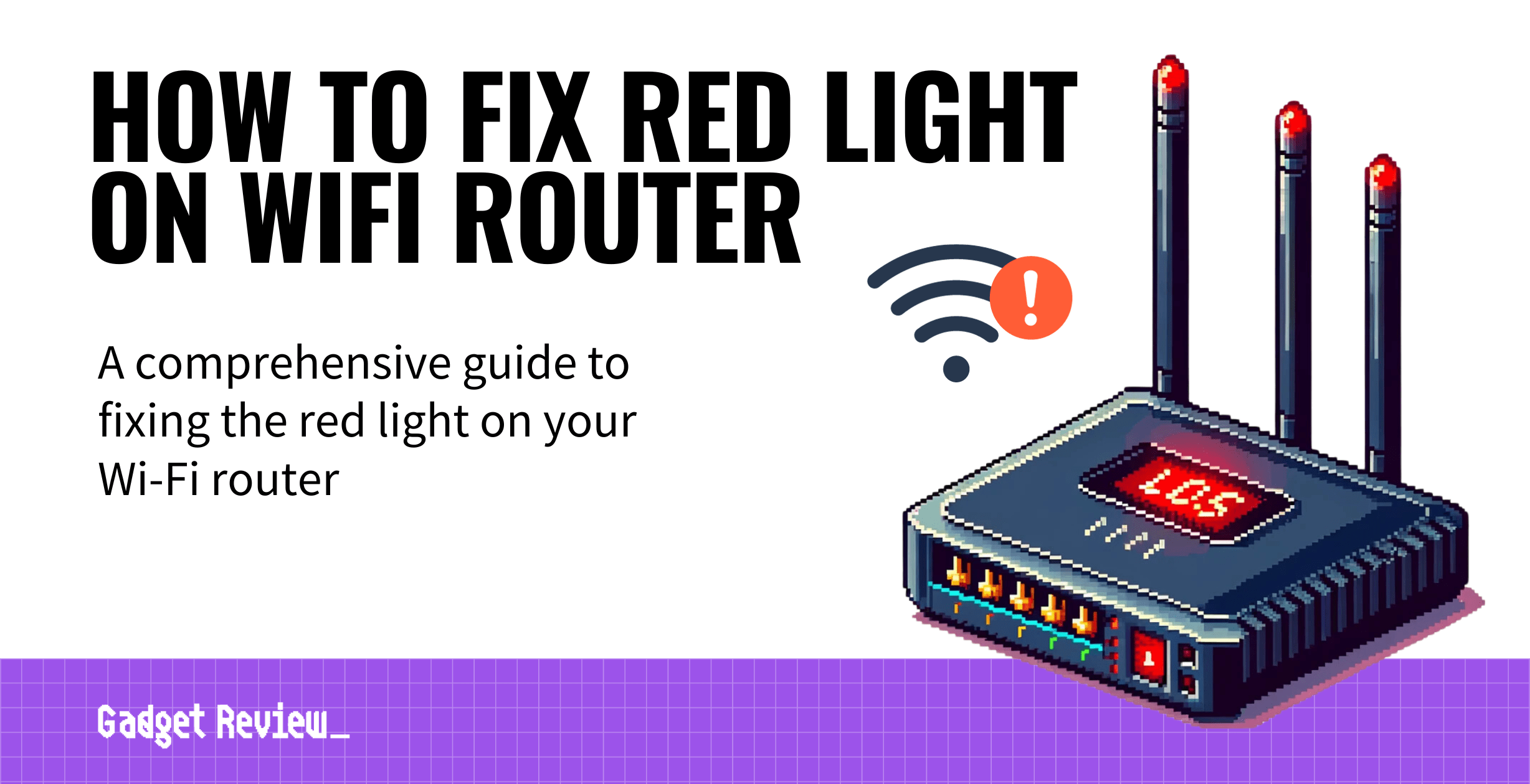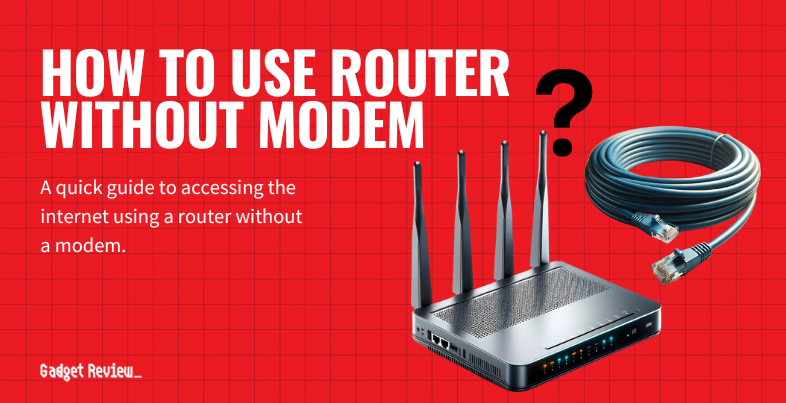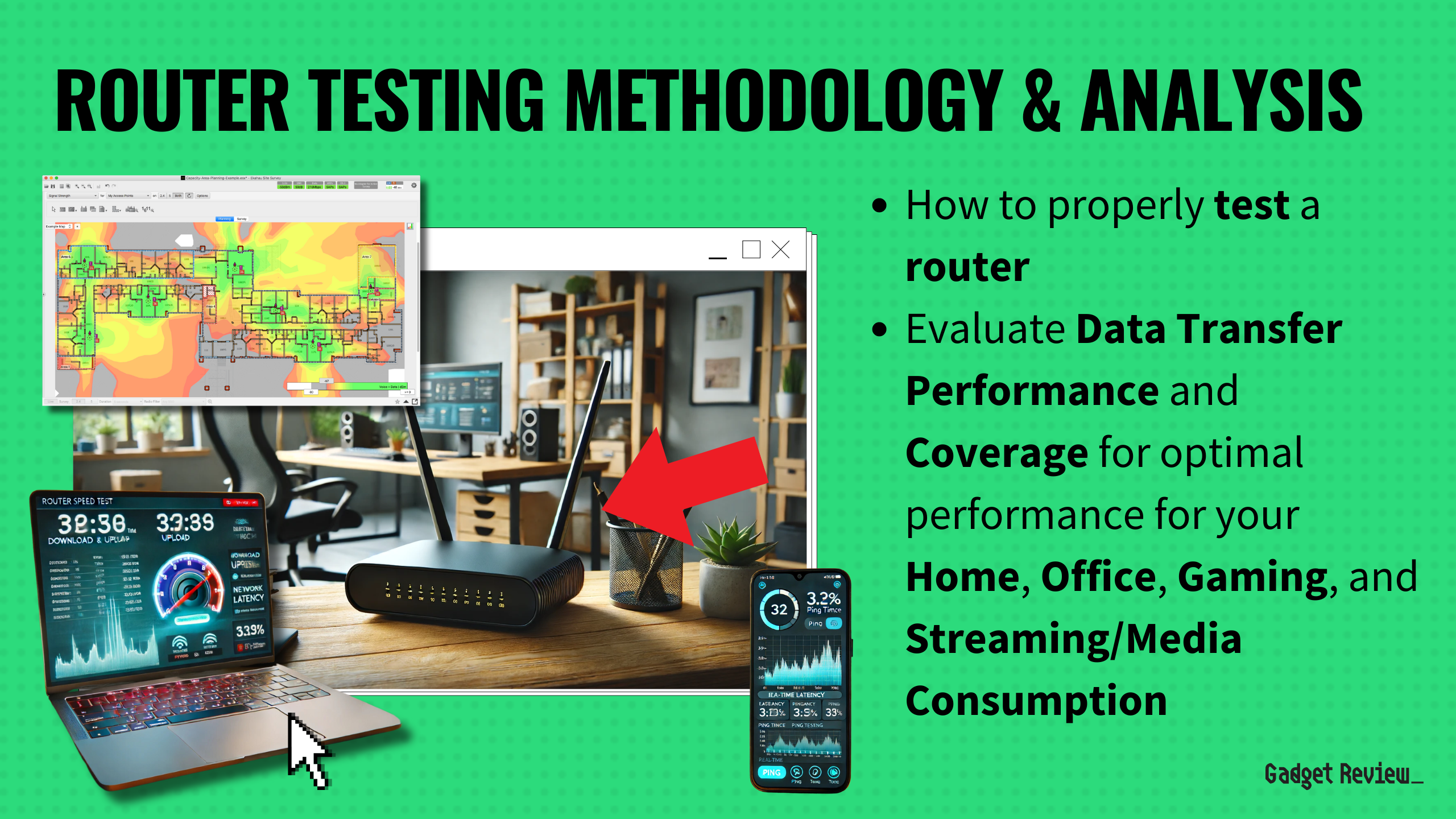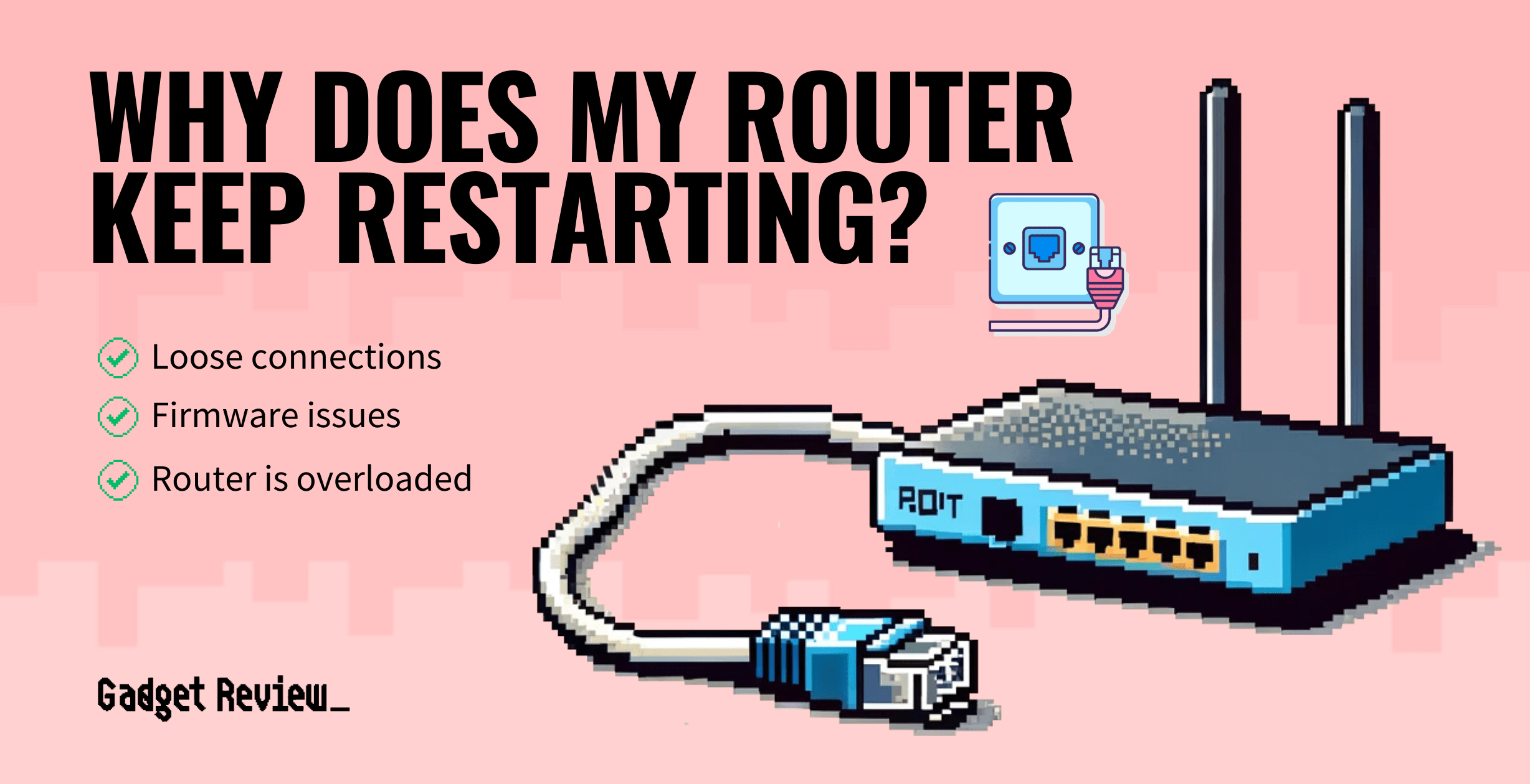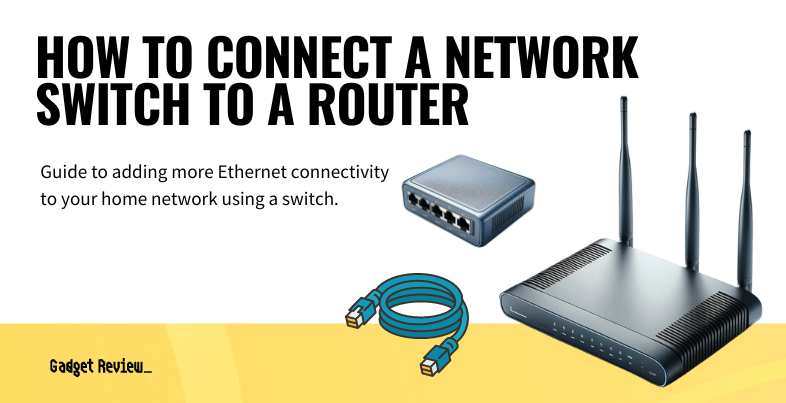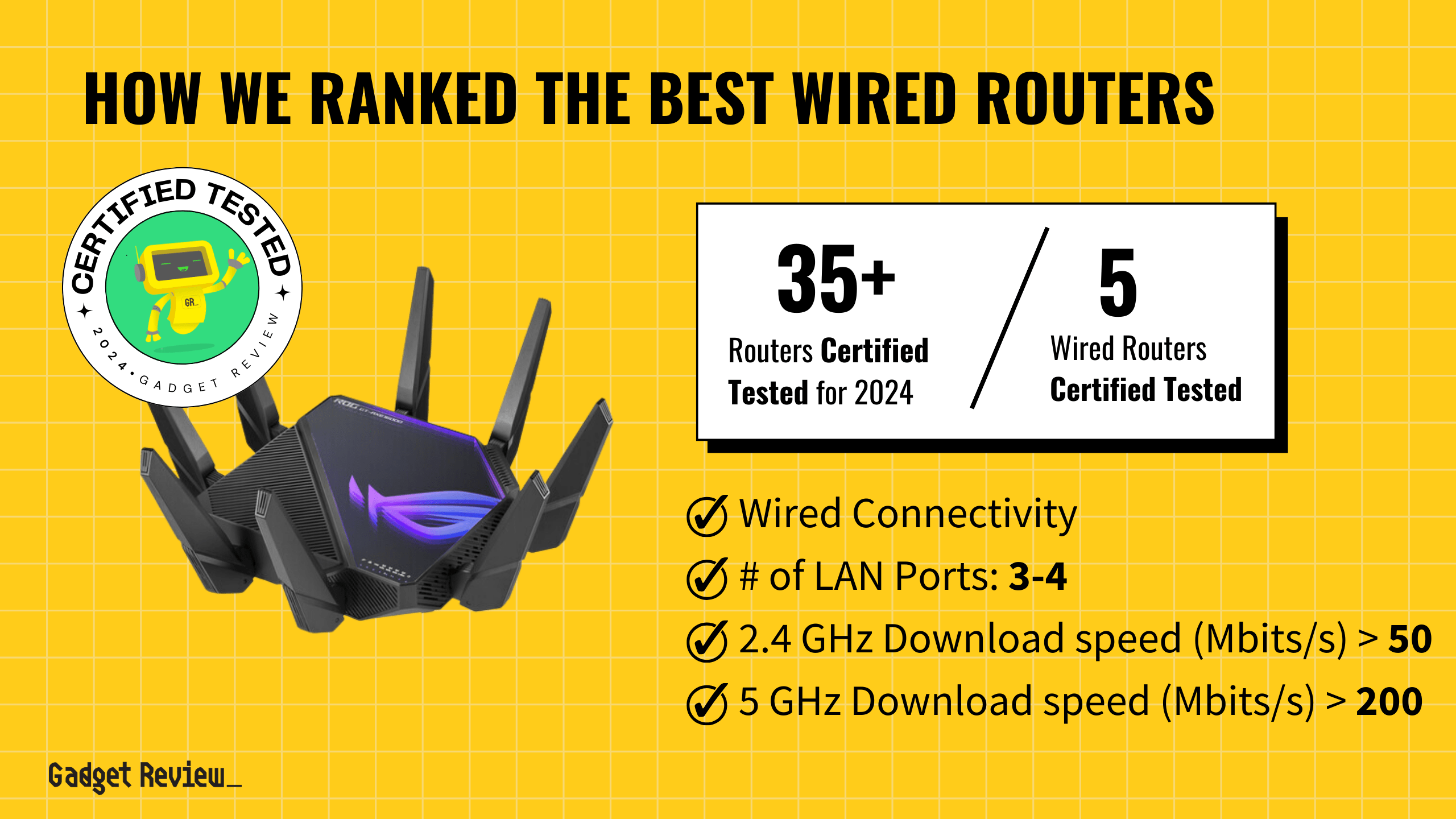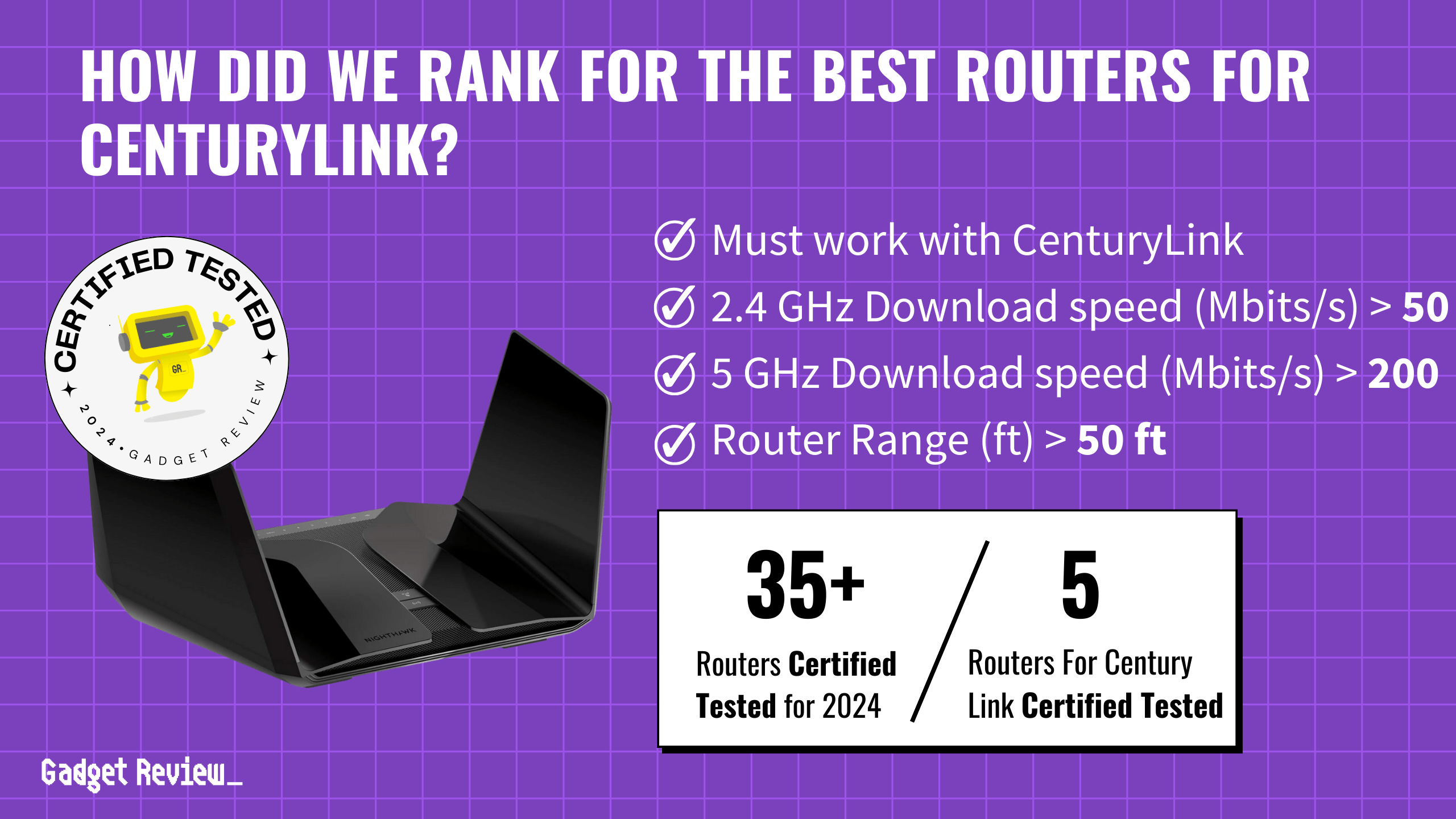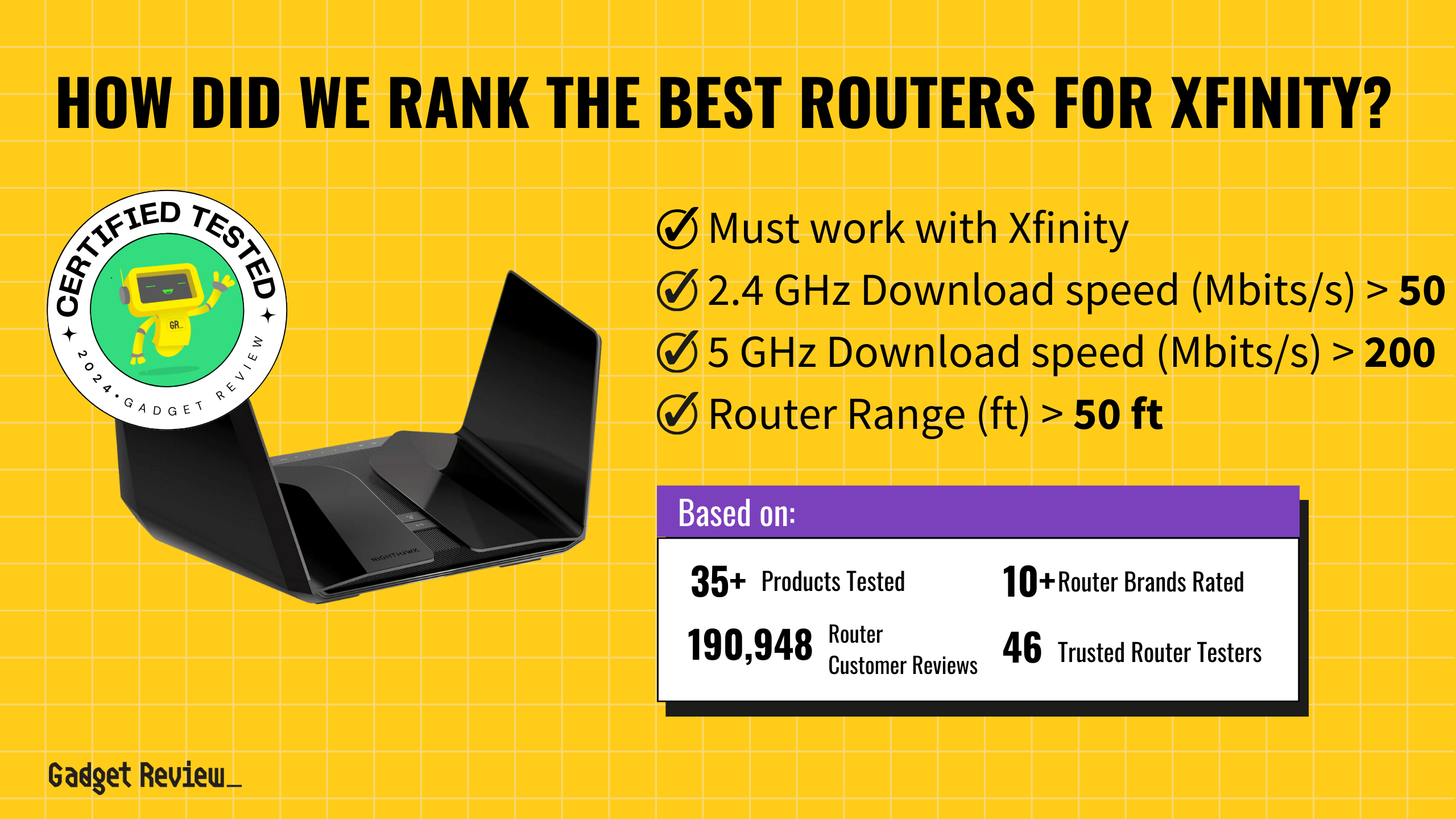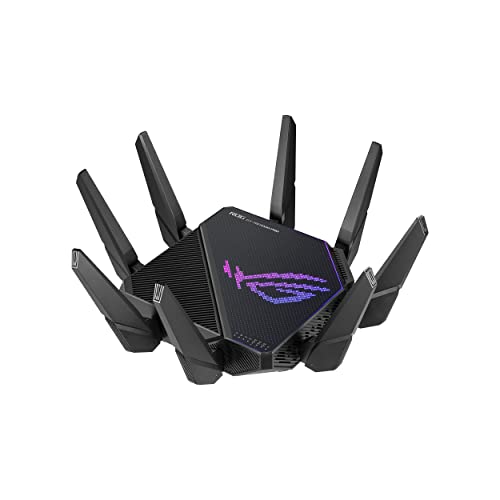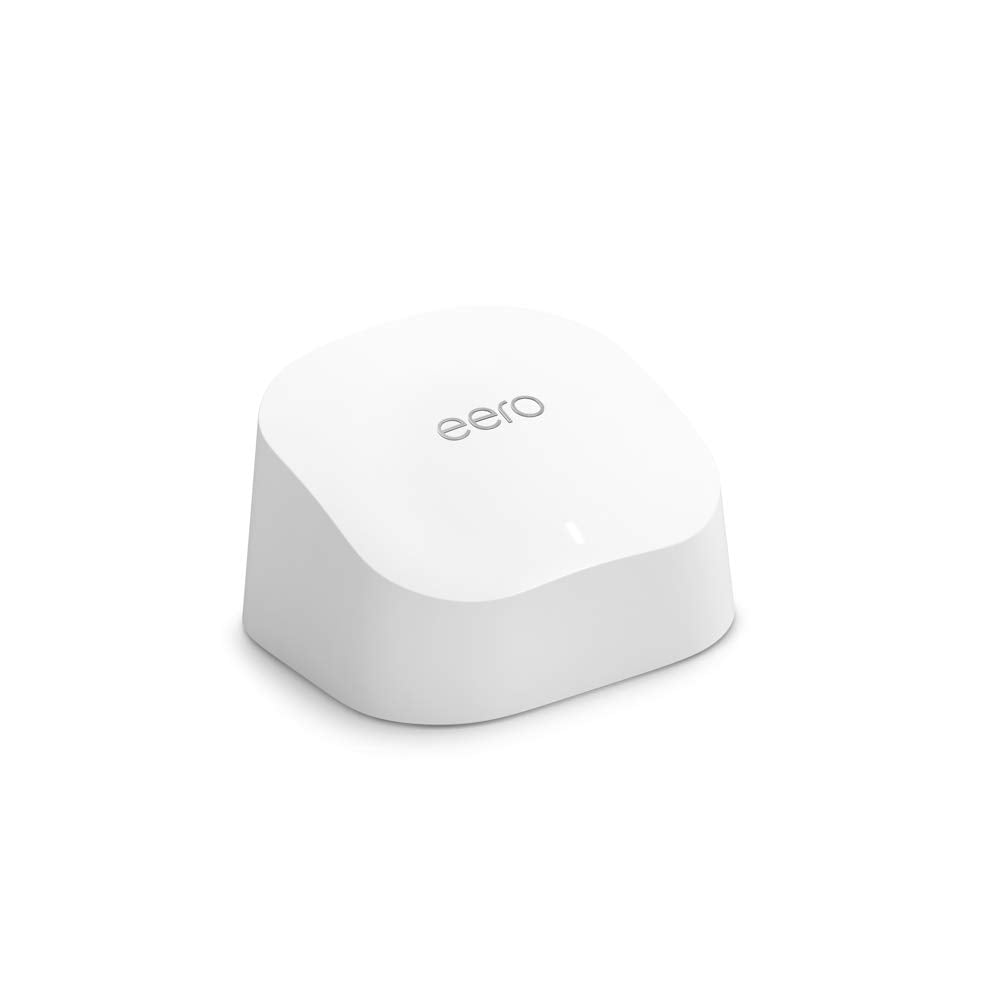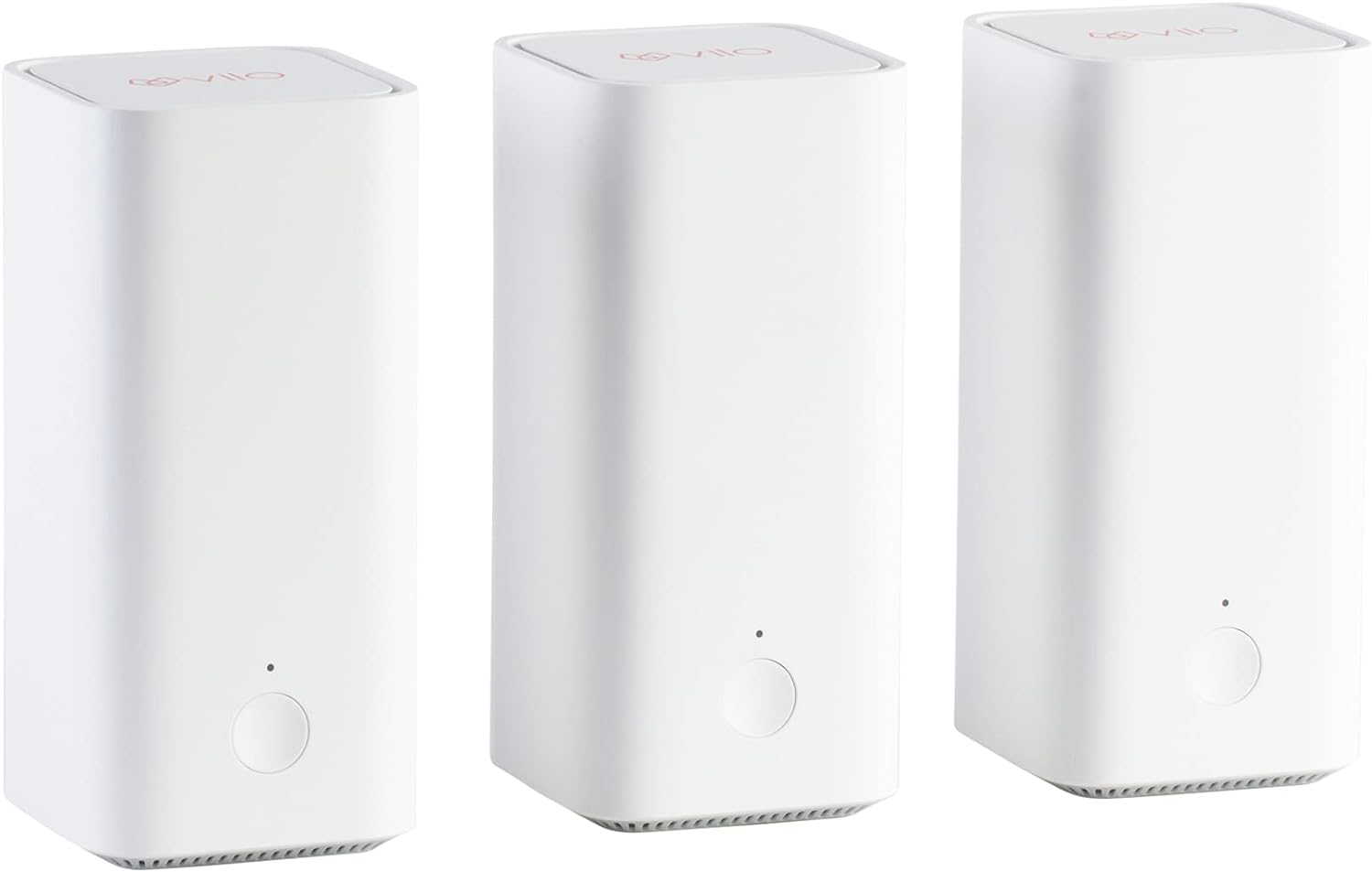If you have been experimenting with your network setup, you may wonder what is 5G on a wireless router. The best routers, after all, tend to include multiple bands, 5GHz being one of them. Why would you use 5G, how do you access it, and what are other details you need to know about the band? Keep reading to find out.
It’s important to note that 5G in the context of Wi-Fi in this article refers to the 5 GHz frequency band and should not be confused with 5G cellular technology, which is a different technology used for mobile communications.
Key Takeaways_
- 5G stands for 5GHz, and it is a wireless band available to modern routers, working in addition to the 2.4GHz band.
- The 5G wireless band offers increased Internet speed and reliability for connected devices over 2.4GHz, despite a wireless range decrease for the average Internet customer.
- Though the modern standard, 5G is about to be usurped by the up-and-coming Wi-Fi 6.
What Does 5G Mean on My Router?
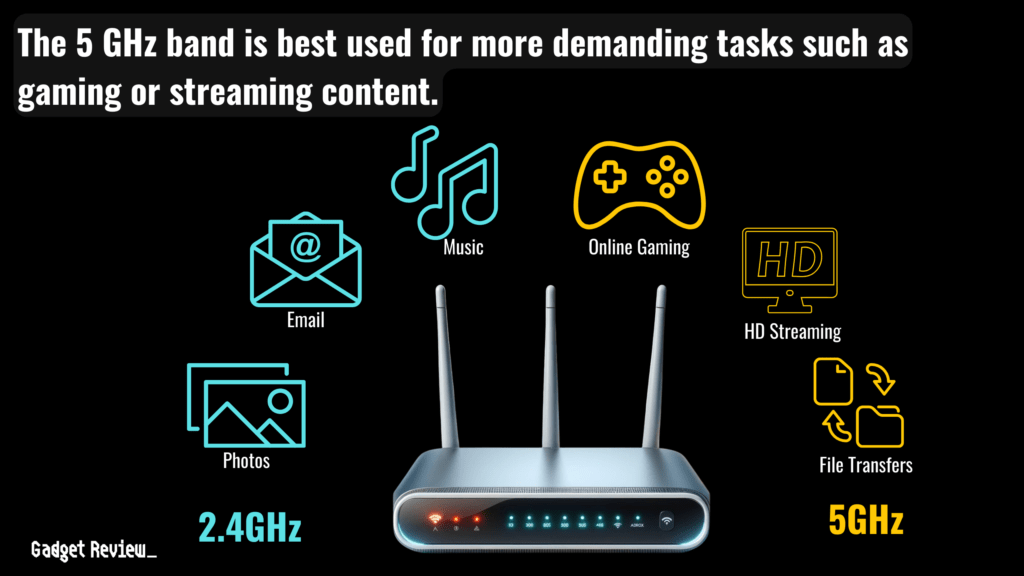
5G on a router refers to the 5Ghz wireless band. This band operates from roughly 5.1GHz to 5.8GHz and is generally considered a marked improvement over the previous wireless standard, 2.4GHz.
Most modern routers tend to include options for both 5 GHz and 2.4 GHz connections; however, some older models will only allow access to the 2.4 GHz band.
The 5 GHz band is part of the Wi-Fi 5 (802.11ac) generation, which offers enhanced capacity and coverage compared to previous generations like Wi-Fi 4 (802.11n).
Additionally, if you’re wondering, “Why is my router not showing 5G,” there could be various reasons, such as compatibility issues, incorrect settings, or outdated firmware.
Why Does My WiFi Have 2G and 5G?
Even though 5G connections have become the wireless network standard, with 6G on the way, the older 2.4GHz band still has its uses.
For instance, a 2.4GHz connection tends to offer a longer range than a 5GHz connection. If you are struggling with range and wondering how to use a router in bridge mode, perhaps switch to 2.4GHz and see if that solves the problem.
insider tip
Due to the increased wireless range, the 2.4GHz band is great for smart appliances and other devices that only connect to the Internet sporadically.
This is because the 2.4GHz band provides further distance coverage than 5 GHz, especially in environments with many electronic devices like baby monitors and garage door openers.
Benefits of 5G Wireless Band on a Router
Here are some of the biggest benefits of opting for a 5GHz connection instead of a 2.4GHz connection.
Faster Speeds
The primary reason folks tend to opt for 5G over 2.4G is that the former offers a speedier Internet connection.
This makes this band the perfect option for mobile devices that require speed, such as personal computers, laptops, and even smartphones. Video game consoles are also fond of this uptick in speed.
The higher frequency bands of 5GHz Wi-Fi allow for much faster download speeds, which is crucial for streaming high-definition content and gaming.
Reliable Connection
The connection with a 5GHz wireless band tends to be sturdier and less prone to dropoffs than other wireless bands, which is great, but why is this?
STAT: 5Ghz and 2.4Ghz are both frequencies upon which WiFi can be broadcast throughout your home. The 5Ghz frequency can support up to 1Gbps of throughput, whereas 2.4Ghz supports up to 600Mbps. (source)
5GHz wireless bands feature more channels than 2.4GHz wireless bands, so there are fewer opportunities for interference.
The end result? A more reliable connection.
Moreover, this increased network capacity of 5GHz Wi-Fi makes it a preferred choice for environments with bandwidth-hungry wireless devices.
Integration

Many modern devices are made with 5GHz connections in mind, so you’ll find robust integration with newer video game consoles, laptops, and smartphones.
Additionally, most internet service providers now offer Wi-Fi routers that support not only 2.4 GHz but 5GHz bands as well, catering to a wide range of mobile phones and other wireless technology.
This dual-band approach helps to optimize the use of wireless technology, ensuring users get the best possible internet experience.
For even greater speeds, some ISPs offer fiber optic internet, for which you will need a fiber router to take advantage of high-speed internet access.
Overall, the GHz band you use plays a crucial role in defining the average speeds and performance of a Wi-Fi router and also impacts how well it can support the demands of modern wireless devices.


